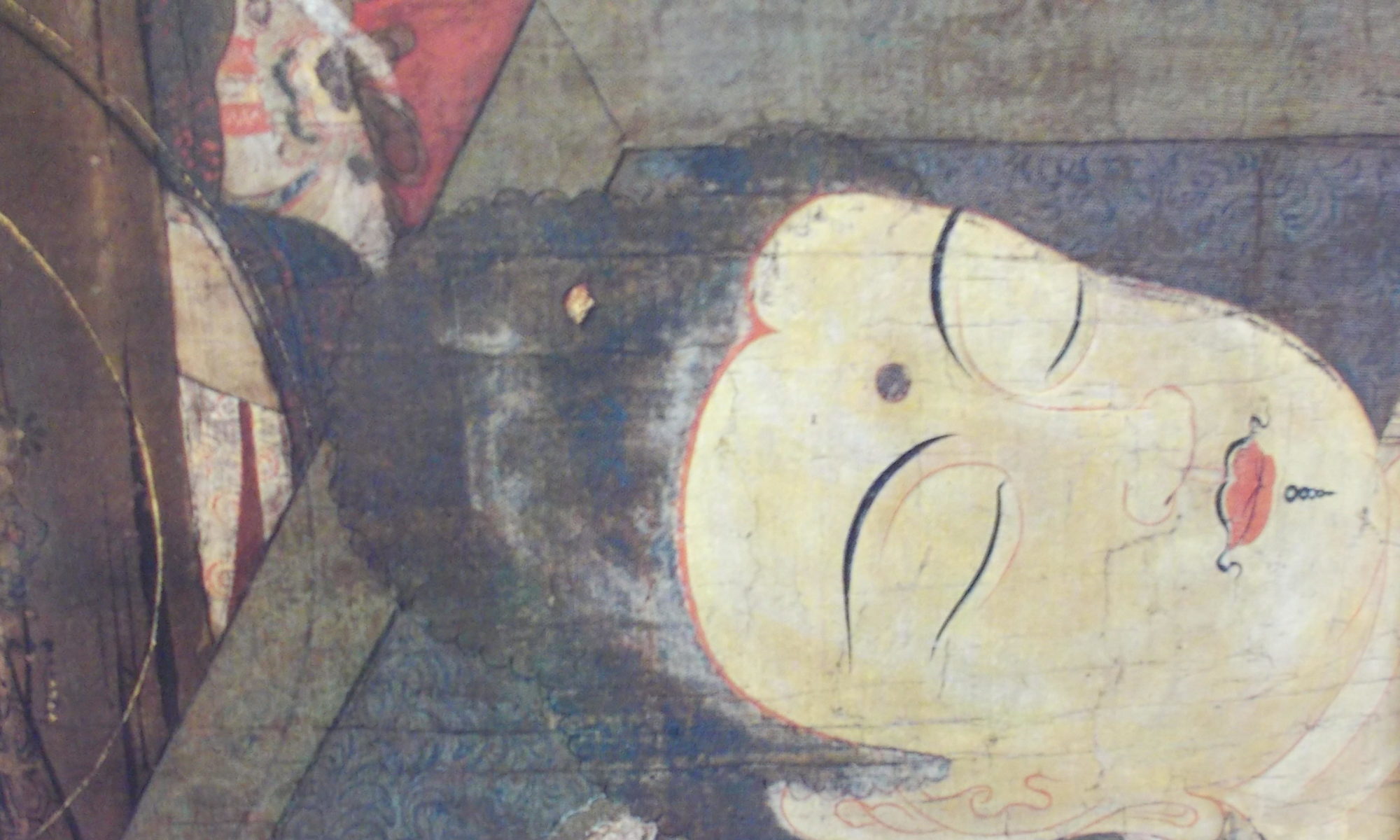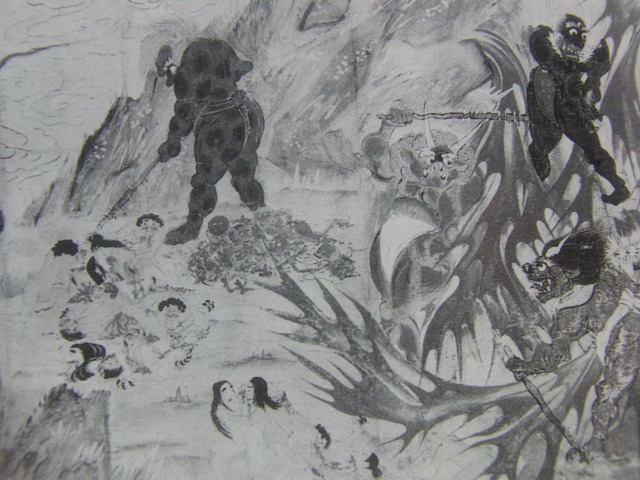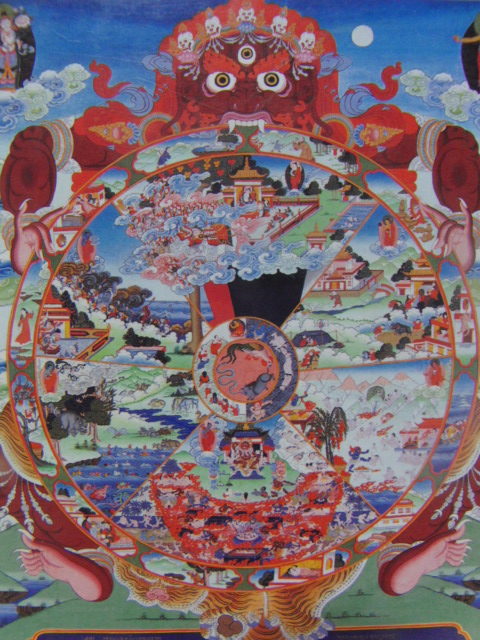It is explained to Buddhist literature that those who did the atrocious, brutal deed fall to hell, and receive many miserable big pain after death (next life).
Majjhima Nikaya in Pali Canon (Buddhist literature), The Buddha is explained in this way, even if there is fate that he lose his all money, lose his wife,lose his child and be imprisoned himself by gambling, Commiting a crime and an evil deed, according to the reward of the crime and an evil, falling to hell for huge period after death, If compared with big pain into the hell which receives many cruel miserable pain, There is fate that he lose his all money, lose his wife, lose his child and be imprisoned himself by gambling is slight pain . The very worst misfortune in which the fate which commits an evil deed, falls to hell after death according to the reward of the crime and an evil deed, and falls to the hell for huge period which encounters many cruel, many miserable and big pain is the very worst unfortunate .
Why must not murder?
Why must not slay?
Why must not slaughter?
One of the appropriate replies to the question can be found out from Sutta-Nipata.
Sutta-Nipata is one of the Pali Canon. Pali Canon is Buddhism literature.
Gotama Buddha is the Awakened One, or the Enlightened One.
Gotama Buddha preached about murder,slay,slaughter as follows in Sutta-Nipata.
“Those persons who in this world are unrestrained (in their behaviour) towards living creatures, who are bent upon injuring after taking others” (goods), wicked, cruel, harsh, disrespectful;-this is Amagandha, but not the eating of flesh. (Sutta-Nipata No.246)
“Those creatures who are greedy of these (living beings, who are) hostile, offending; always bent upon (evil) and therefore, when dead, go to darkness and fall with their heads downwards into hell;- this is Amagandha, but not the eating of flesh. (Sutta-Nipata No.247)



